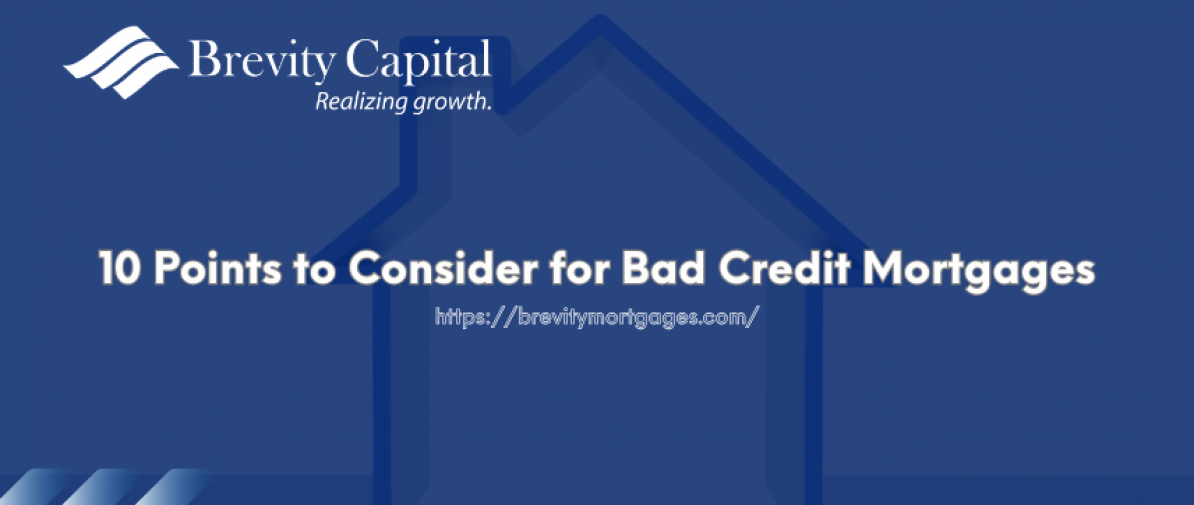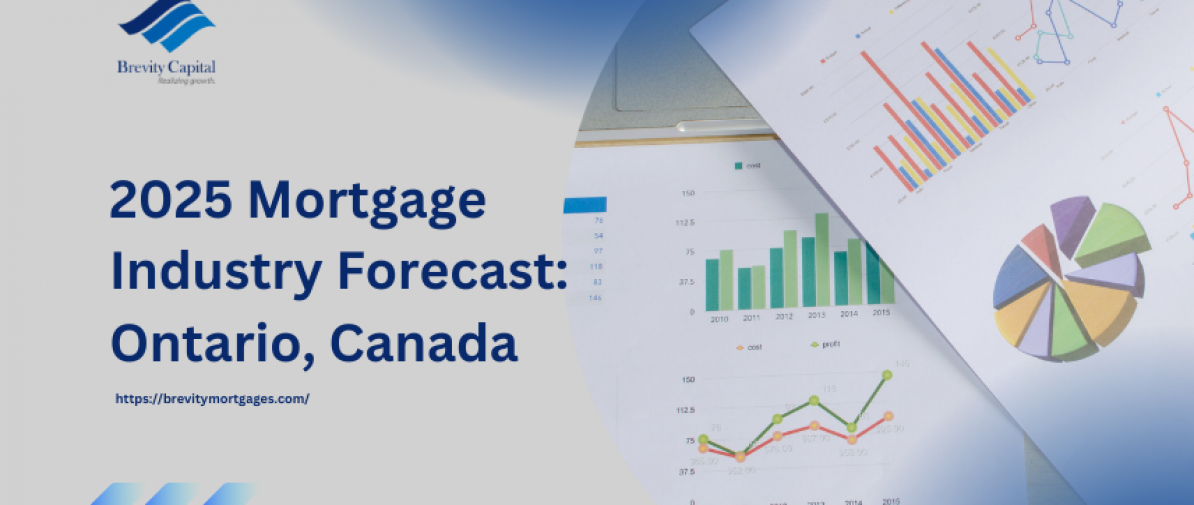- February 10, 2025
- Written by Admin
10 Points to Consider for Bad Credit Mortgages
Securing a mortgage with bad credit can feel challenging, but it’s not impossible. With the right approach, you can still find a loan that fits your needs. Here are 10 essential tips to help you navigate the mortgage process, even with a less-than-perfect credit score.
1. Research Lenders That Work with Bad Credit Borrowers: Not all lenders have the same credit score requirements. Some specialize in working with borrowers with lower credit scores, while others have more rigid criteria. When looking for a mortgage, compare multiple lenders and seek out those who offer flexible credit requirements. Some lenders also provide alternative loan programs with more lenient approval guidelines.
2. Understand How Your Credit Score Affects Your Interest Rate: Your credit score plays a major role in determining the interest rate you’ll receive. Lower scores typically lead to higher interest rates, which can increase your monthly payment and the total cost of your loan over time. To get the best possible deal, request quotes from multiple lenders and compare rates. Some lenders may offer better terms than others, even if your credit isn’t perfect.
3. Be Prepared for a Higher Down Payment: Lenders often require a larger down payment for borrowers with bad credit to offset the risk. A higher down payment can also help you secure a lower interest rate. While some lenders allow as little as 5% down, having at least 10-20% down payment can strengthen your application and improve your loan terms. If saving a large down payment is a challenge, consider ways to cut expenses, increase your income, or explore assistance programs offered by private organizations or state-level initiatives.
4. Check for Prepayment Penalties and Hidden Fees: Some lenders include prepayment penalties, which means you’ll be charged a fee if you pay off your loan early. These penalties can be costly, so always review your loan terms carefully. Additionally, be aware of other hidden fees, such as high origination fees, processing fees, and mortgage insurance. Understanding all costs upfront will help you avoid financial surprises later.
5. Factor in Closing Costs: Closing costs typically range from 2% to 5% of the home’s purchase price and can include appraisal fees, title insurance, and legal fees. Make sure to budget for these expenses, as they can add up quickly. Some lenders may allow you to roll closing costs into your loan, but this will increase your total loan balance. It’s best to prepare for these costs in advance to avoid unnecessary debt.
6. Know That the Approval Process May Take Longer
If you have bad credit, expect a longer approval process as lenders may require additional documentation to assess your financial situation. The process can take anywhere from 30 to 60 days or longer, depending on the complexity of your application. To avoid delays, have your paperwork ready, including proof of income, tax returns, and a list of current debts. Keeping an open line of communication with your lender can also help speed up the process.
7. Consider Refinancing Once Your Credit Improves
If you secure a mortgage with a higher interest rate due to bad credit, you may have the opportunity to refinance in the future once your credit score improves. Refinancing can help you secure a lower interest rate, reducing your monthly payments and saving you money over the life of your loan. Before choosing a mortgage, check with lenders about their refinancing policies to ensure you’ll have the flexibility to refinance when the time is right.
8. Take Steps to Improve Your Credit Before Applying
If you’re not in a rush to buy a home, taking time to improve your credit score can increase your chances of securing a better mortgage. Here’s how you can boost your credit before applying:
Pay down outstanding debts, especially high-interest credit cards.
Make all payments on time to avoid further negative marks.
Check your credit report for errors and dispute any inaccuracies.
Avoid opening new lines of credit before applying for a mortgage.
Even a small improvement in your credit score can make a significant difference in the loan terms you qualify for.
9. Know Your Debt-to-Income (DTI) Ratio
Lenders look at your debt-to-income (DTI) ratio to assess whether you can afford a mortgage. This ratio is calculated by dividing your total monthly debt payments by your gross monthly income. A lower DTI ratio makes you a more attractive borrower. While most lenders prefer a ratio below 36%, some may accept higher DTI ratios if you have other strong financial factors, such as a higher down payment or stable income.
10. Look for Non-Traditional Lending Options
If you’re struggling to qualify for a traditional mortgage, consider alternative lending options. Some private lenders and credit unions offer flexible loan terms for borrowers with bad credit. You may also find lenders who assess other financial factors beyond just your credit score, such as your income stability and savings. Another option is working with a mortgage broker who can help match you with lenders that are more willing to work with bad credit borrowers. Brokers often have access to multiple lenders and can help you find a suitable mortgage based on your financial situation.
Final Thoughts
Securing a mortgage with bad credit requires careful planning and patience, but it’s achievable. By exploring your loan options, understanding the terms, and improving your credit score, you can increase your chances of approval. Shop around, compare offers, and ask questions to ensure you’re getting the best deal possible. Homeownership may be within reach, even with a less-than-perfect credit score.




